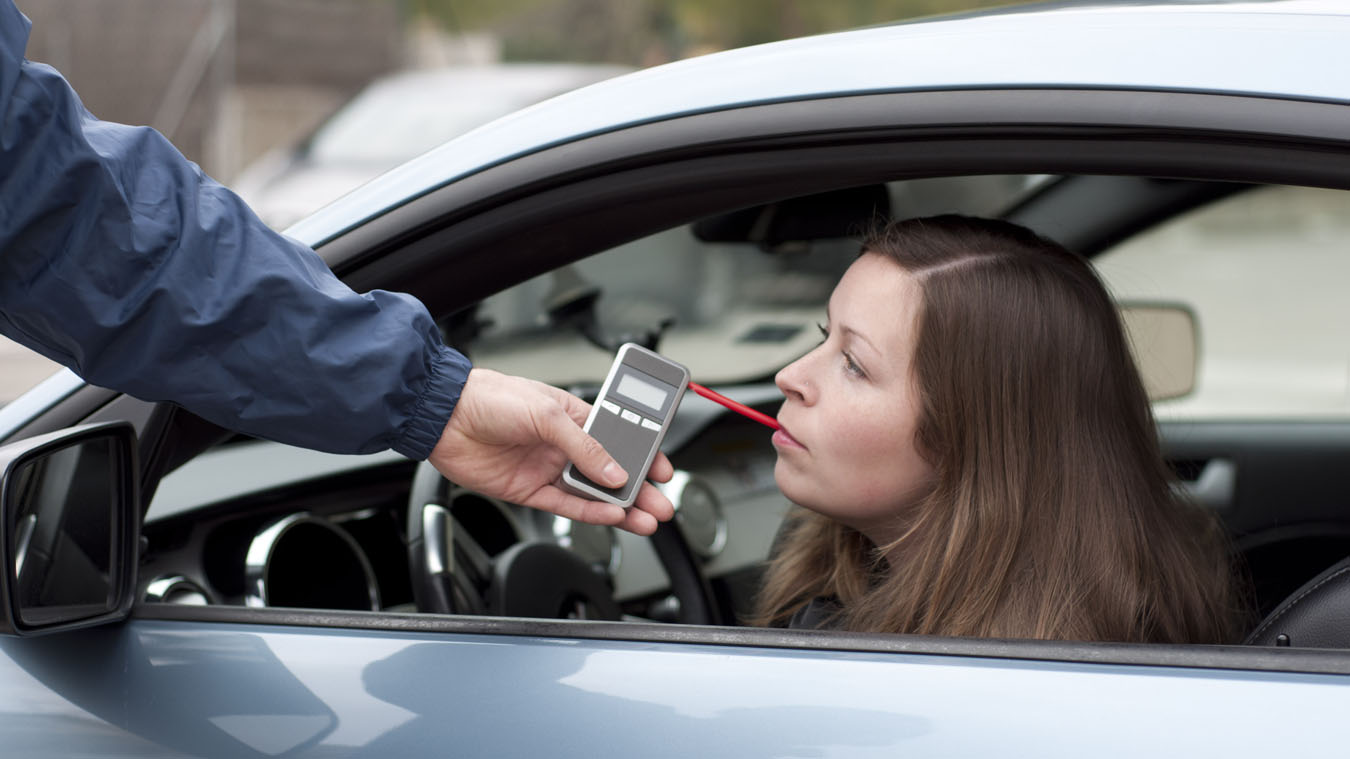If you’ve ever faced a DWI charge in Texas, you probably remember the sting—not just of the arrest, court dates, and license suspension—but of the DWI surcharges tacked on afterward. For years, these additional fees created long-term consequences for thousands of Texans, turning what might have been a one-time mistake into a financial burden lasting for years. So, the question many are still asking is this: Are DWI surcharges going away in Texas? The short answer is yes, but the full story is more complicated than most people realize. Understanding where things stand now is key to avoiding surprises if you’re facing or recovering from a DWI.
This article breaks down everything drivers need to know about DWI surcharges in Texas, including the law changes, who benefits, what hasn’t changed, and how this impacts current and past DWI offenders. We’ll walk through the history of the surcharge program, how it was finally repealed, and what financial obligations remain in place even without the official “surcharge” label. Whether you’re currently dealing with a DWI or just want to stay informed, this guide gives you the inside scoop in plain language. Think of it as your roadmap through one of Texas’s most misunderstood legal reforms.

What Were DWI Surcharges in Texas?
A Financial Penalty on Top of the Criminal One
Let’s rewind for a moment. Until recently, Texas operated a Driver Responsibility Program (DRP), which tacked on additional financial penalties—surcharges—for certain traffic offenses, including DWIs. These fees were paid annually for three years and were separate from court fines, license suspensions, and criminal penalties. Many people didn’t even realize these charges existed until the bills started arriving.
If you were convicted of a DWI, you’d typically face:
- $1,000/year for a first offense
- $1,500/year for a second or subsequent offense
- $2,000/year if your BAC was 0.16 or higher
These surcharges were not optional. If you didn’t pay them, your license would be automatically suspended—often without further notice. And once your license was suspended, you’d face new legal problems just for trying to get to work or pick up your kids.
The idea behind the DRP was to generate state revenue while encouraging safer driving. But over time, it became clear the policy was punishing drivers well beyond the courtroom, especially those already facing serious financial and legal consequences. In fact, the surcharges often created a cycle of debt, license loss, and additional charges that were nearly impossible to escape.
Real-Life Story: How Surcharges Buried Carlos
Carlos, a 40-year-old mechanic from San Antonio, was convicted of a first-time DWI in 2015. In addition to court costs and legal fees, he was ordered to pay $1,000 per year in surcharges for three years. When his hours at work were cut, he fell behind on payments. His license was suspended, but he didn’t realize it until he was pulled over months later—and arrested again.
Carlos’s story is not unique. Thousands of Texans were caught in similar cycles. The DRP was causing people to lose their jobs, licenses, and stability, often from a single, non-violent offense.
That’s why understanding the question “Are DWI surcharges going away in Texas?” matters so much. It’s about more than money—it’s about justice and second chances.
The Turning Point: Repealing the Driver Responsibility Program
How Texas Finally Changed the Law
On September 1, 2019, the Texas Legislature officially repealed the Driver Responsibility Program. The bill, known as HB 2048, eliminated all DRP surcharges moving forward and canceled any outstanding balances still owed by drivers.
That means:
- DWI surcharges are no longer applied to new offenses after 2019
- Unpaid surcharges were wiped clean—no back payments needed
- Drivers with suspended licenses due to surcharge non-payment were eligible for reinstatement
The change was widely praised by advocacy groups, defense attorneys, and everyday Texans who had been trapped by the old system. It answered the question “Are DWI surcharges going away in Texas?” with a clear yes—for good.
Why the Law Changed
The Consequences Were Too Harsh
So why did Texas lawmakers finally act?
The DRP had become notorious for:
- Driving over 1 million license suspensions
- Hitting low-income drivers the hardest
- Offering no way out other than full payment
- Causing job losses and criminal charges from driving on a suspended license

In effect, the DRP created a two-tier justice system—one where the wealthy could move on, and the poor faced ongoing punishment.
Groups like the Texas Fair Defense Project and Texas Criminal Justice Coalition lobbied hard for reform. After years of public pressure and bipartisan support, lawmakers finally agreed it was time for a change.
So while the question “Are DWI surcharges going away in Texas?” may sound simple, the real answer lies in years of advocacy and evidence showing just how damaging these fees had become.
What Hasn’t Changed: DWI Still Comes at a Cost
The End of Surcharges Doesn’t Mean the End of Penalties
If you’re breathing a sigh of relief, hold on. While DWI surcharges are gone, a DWI conviction in Texas still comes with serious consequences:
- Court fines up to $2,000 for a first offense
- License suspension up to 1 year
- Jail time from 3 to 180 days
- Mandatory DWI education courses
- Possibleignition interlock devicefor repeat offenders
- Ongoing probation supervision costs
In other words, removing the surcharge doesn’t make DWI cheap or easy. What it does is eliminate an extra burden that was widely viewed as unfair and excessive.
Understanding the repeal within the full context helps paint the full picture for anyone wondering, “Are DWI surcharges going away in Texas?”
How the Repeal Affects Past Convictions
Good News for Some—Too Late for Others
One of the most impactful parts of the repeal was its retroactive forgiveness. That means if you had unpaid DWI surcharges as of September 1, 2019, they were automatically erased. You didn’t have to file paperwork or apply for relief—it just happened.
But what about people who had already paid thousands?
Unfortunately, the law did not include refunds for previously paid surcharges. For drivers like Carlos, the damage had already been done.
Still, for many Texans, the repeal provided a pathway to license reinstatement, and in some cases, a return to normal life after years of hardship.
Can You Still Lose Your License After a DWI?
Yes—Just Not from Surcharges
While DWI surcharges no longer impact your license status, a DWI conviction can still result in a license suspension under other parts of Texas law.
For example:
- A first DWI = up to 1 year suspension
- Refusing a breath or blood test = 180-day suspension (under implied consent laws)
- Driving with a BAC over 0.15 = possible enhanced penalties

So even without surcharges, license loss is still a real risk in any Texas DWI case. That’s why working with a DWI attorney remains a smart move for anyone facing charges.
What About Non-DWI Offenses?
Surcharges Ended Across the Board
While this article focuses on DWI, it’s worth noting that HB 2048 repealed all surcharges under the Driver Responsibility Program. That included:
- No-insurance violations
- Driving without a license
- Points-based penalties from minor infractions
So if you were dealing with multiple types of surcharges, the 2019 law wiped out all of them—not just those related to DWI. This made the system more fair and more transparent for every Texas driver.
Still, if you owe court fines or fees unrelated to the DRP, those debts remain and must be resolved.
How to Reinstate Your License After Surcharge Forgiveness
Getting Back on the Road
If your license was suspended solely due to unpaid DWI surcharges, you were likely eligible for reinstatement after September 2019. Here’s how the process generally works:
- Check your status on the Texas DPS website
- Pay any unrelated reinstatement fees (e.g., for expired insurance or failure to appear in court)
- Submit proof of compliance—like completion of a DWI course
- Request license reinstatement online or by mail

Note: Some drivers were automatically reinstated, but not all. It’s important to double-check your status.
Is There Still a Risk of New Surcharges in the Future?
Could the Law Ever Change Back?
Technically, yes. Laws can change. If budget constraints or political pressure arise, legislators could seek to reintroduce some form of surcharge or driver fee system. However, as of now, there’s strong bipartisan opposition to bringing back anything resembling the DRP.
For now, the answer to “Are DWI surcharges going away in Texas?” remains a confident yes—and there’s no indication they’re coming back anytime soon.
Why Texas Lawmakers Repealed DWI Surcharges
The repeal of the Driver Responsibility Program was a major win for fairness, financial freedom, and common sense. Yes, DWI surcharges are going away in Texas—and they’re staying gone for now.
But don’t confuse this with the idea that DWI isn’t serious anymore. The criminal, financial, and social consequences remain high. If you’re facing charges or trying to clean up your record, it’s still essential to act quickly, get legal advice, and understand the system.
Ultimately, the end of DWI surcharges in Texas offers a little relief—but it doesn’t change the importance of staying informed, staying prepared, and staying responsible behind the wheel.

